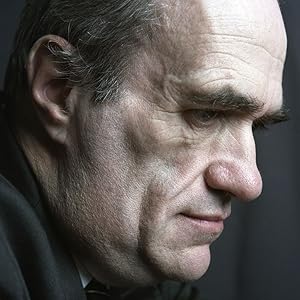Thomas Mann
关于作者
Paul Thomas Mann (German: [paʊ̯l toːmas man]; 6 June 1875 – 12 August 1955) was a German novelist, short story writer, social critic, philanthropist, essayist, and the 1929 Nobel Prize in Literature laureate. His highly symbolic and ironic epic novels and novellas are noted for their insight into the psychology of the artist and the intellectual. His analysis and critique of the European and German soul used modernized German and Biblical stories, as well as the ideas of Goethe, Nietzsche and Schopenhauer. Mann was a member of the Hanseatic Mann family and portrayed his family and class in his first novel, Buddenbrooks. His older brother was the radical writer Heinrich Mann and three of his six children, Erika Mann, Klaus Mann and Golo Mann, also became important German writers. When Hitler came to power in 1933, Mann fled to Switzerland. When World War II broke out in 1939, he moved to the United States, returning to Switzerland in 1952. Thomas Mann is one of the best-known exponents of the so-called Exilliteratur, literature written in German by those who opposed or fled the Hitler regime. Bio from Wikipedia, the free encyclopedia. Photo by Carl Van Vechten [Public domain], via Wikimedia Commons.
阅读完整简历















